Every species on earth has evolved to eat a specific diet that will fuel their physical body and maintain their health and wellness, allowing them to thrive in their native environment. Dogs, as a species, are quite special. They have evolved to be able to take a lot of abuse in terms of poor nutrition. They may not die immediately, but they will absolutely experience a decline in vitality and experience degenerative changes that will make them much more susceptible to illness and disease. Dogs can survive on a poor quality food, but most of them will not live as long as their real food fed counterparts, and will be much more susceptible to disease.
The University of Helsinki in Finland (click here to visit them) has a research group called DogRisk that has been actively studying diet, environment and disease in the domestic dog. They have been busy collecting data that proves dogs are healthiest when fed a raw food diet... food that is not processed, is high in fat and is low in carbohydrates.
Dogs are omnivores only because we are forcing them to be omnivores by completely controlling what they eat. If you want to know what they should be eating, look at their digestive tract. If you look at the teeth of the dog, you will see the teeth of a wolf. Canis lupus familiaris (the dog) and Canis lupus lupus (the wolf) share more than their scientific nomenclature, they share 98.8% of their DNA. That includes their digestive tract, and such, their diet and nutritional needs. Both species, although different through our selective evolution of the dog, have identical dietary needs. Dogs are facultative carnivores, they are primarily meat-eaters, but can survive on plant material alone if necessary. It is important to note that surviving is very different from thriving.
Humans are the only species on earth that cook their food, and they are the only species that eats highly processed food. Facts don't lie... 1 out of 4 dogs will develop cancer, and those risks simply do not exist in other species. The only factor that is different between dogs and other animals, is the fact that we force a diet on them... a diet that does not promote health or wellness based on their natural dietary requirements.
Rather than forcing an unnatural diet on our dogs, we should be both understanding and respecting what they need to eat based on the reality of their digestive system, and what they are biologically designed to eat.
A raw food diet is non-processed food that consists of raw meat, raw edible bone, and raw organs. Raw food can also contain dog-safe fruits, vegetables and supplements (such as fish oil, seeds, and other supplements to fill nutritional gaps). A raw food diet is successful when it is nutritionally balanced appropriately, which takes some research, learning and attention to detail. It can seem intimidating at first, but once you understand how a meal is balanced it gets MUCH easier!
- A longer life!
- Less illness, improved resistance to disease.
- Improved energy and behavior.
- Improved dental health: white, clean teeth and better breath.
- Smaller poop, less odor.
- Thick, shiny, healthy fur and coat.
- Less "doggy smell" and less shedding!
- Improvement to allergies and other disease and illness.
- A stronger immune system, in part due to a healthier gut microbiome.
- Reduction in obesity, supports a lean and muscular physique.
- Reduced risk of cancer, diabetes, digestive disease and more!
- Save money on veterinarian bills over your dog's lifetime.
- No more need to worry about pet food recalls!
- Raw Meat-Based Diets in Dogs and Cats
- Raw Feeding and Pathogen Transmission to Humans
- Gut Microbiome and Aggression in Dogs
- Raw Proof: The results of a 24-month research investigation into a species-appropriate diet for dogs.
- Amino acids in different diet types for dogs.
- The concentration of amino acids in meat, offal and commercial dog food.
- Evaluation of the risks of shedding Salmonellae and other potential pathogens by therapy dogs fed raw diets in Ontario and Alberta.
- Why is it that dogs and other animals can eat raw meat but humans get sick if they do?
- Effects of inulin or yeast cell-wall extract on nutrient digestibility, fecal fermentative end-product concentrations, and blood metabolite concentrations in adult dogs fed raw meat-based diets.
- Key bacterial families (Clostridiaceae, Erysipelotrichaceae and Bacteroidaceae) are related to the digestion of protein and energy in dogs.
The power is in your hands to make a change to your dogs diet and promote health, longevity, and disease resistance. You can make a difference, just by changing what goes into your dogs body. It's easier than you think!
If you cannot afford to completely make the change to a fresh food diet, or you are interested in starting slowly... Remove 25% of your dog's kibble from their bowl, and replace it with fresh food like sardines, meat, mussels, or vegetables (such as broccoli, red cabbage, kale, spinach, red pepper, carrots, etc) and it WILL make a difference!
| The "A Guide to Raw Feeding" eBook is an informative guide to successfully feeding a healthy, balanced and nutritionally complete raw food diet for dogs. Whether you are interested in starting a raw food diet with your dogs, want to learn more, or need to ensure you are feeding this diet correctly; This eBook is the perfect companion for anyone interested in a raw food diet for dogs! |

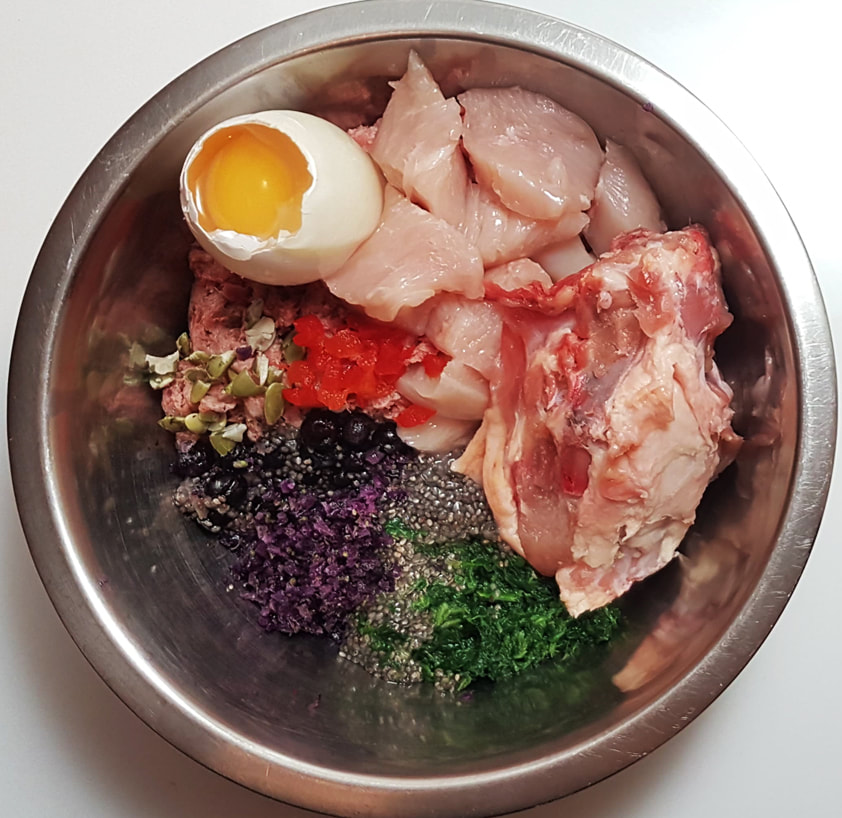
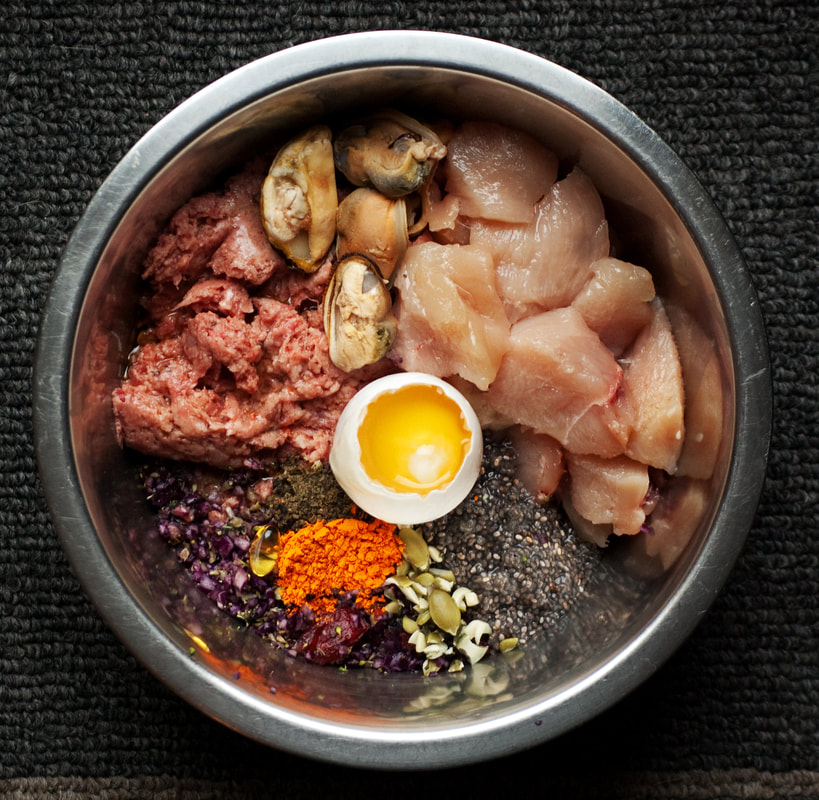
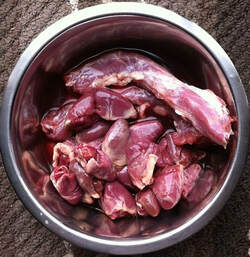
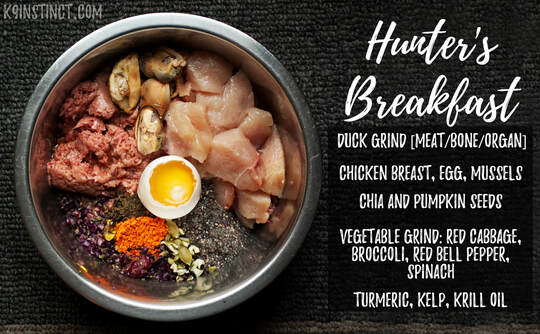
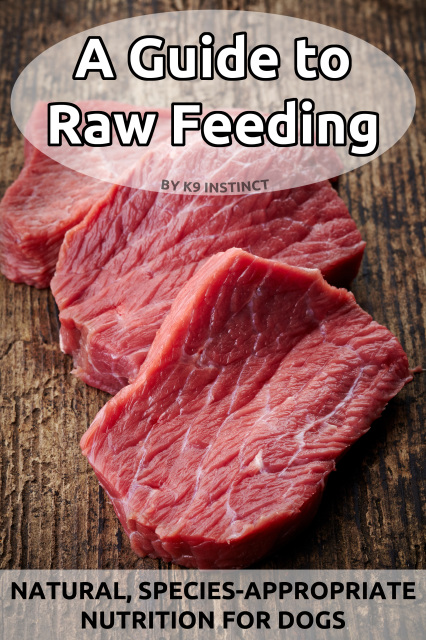
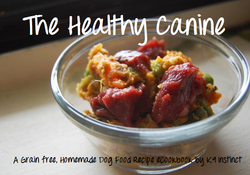

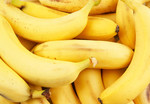
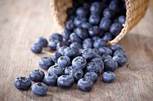


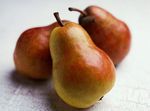
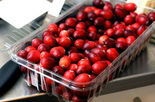

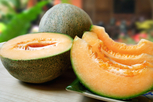
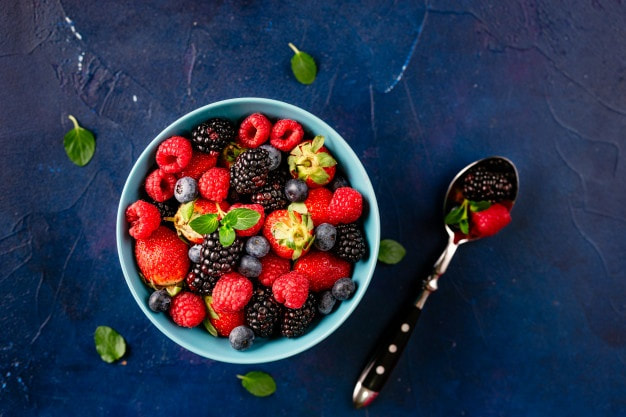

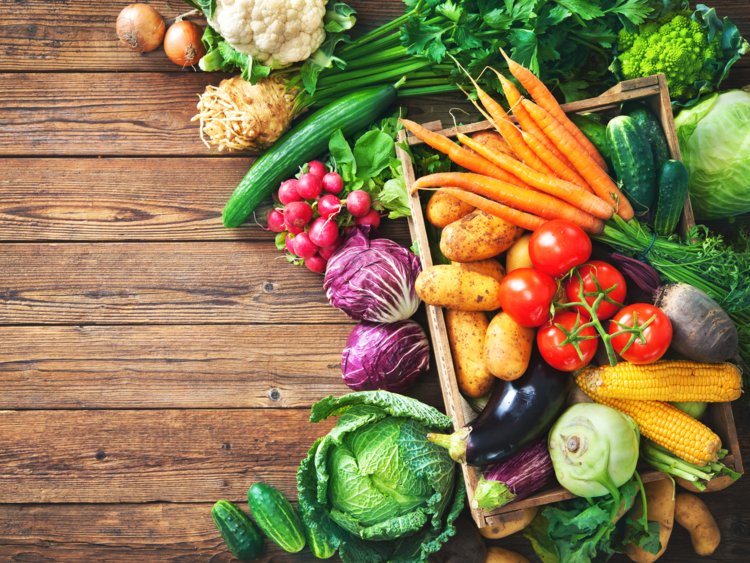


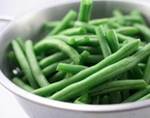

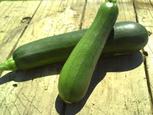
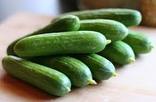
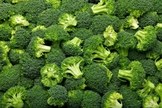
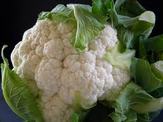
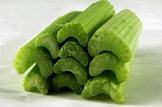

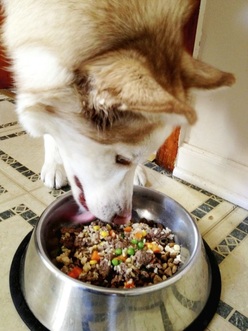
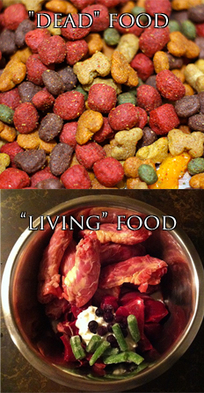
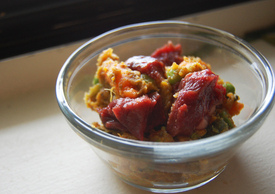
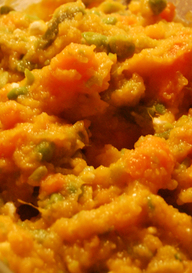
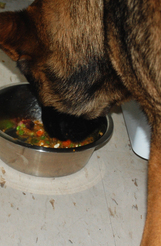
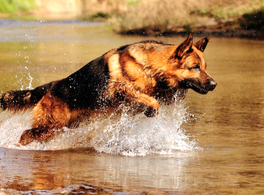



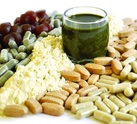

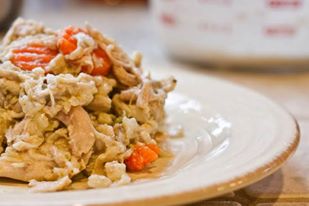

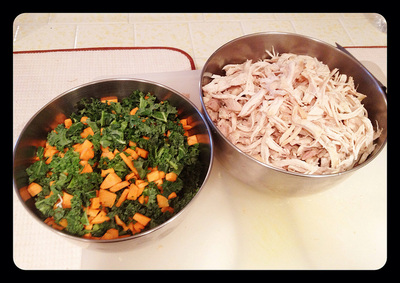

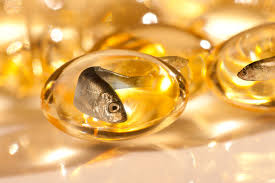
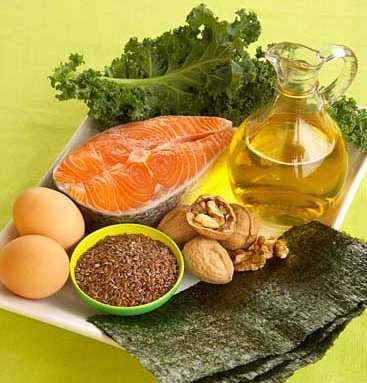
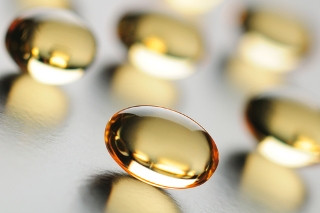
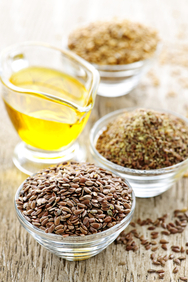
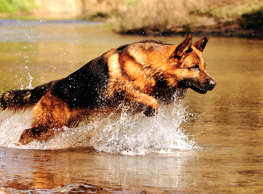
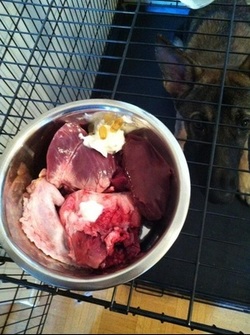

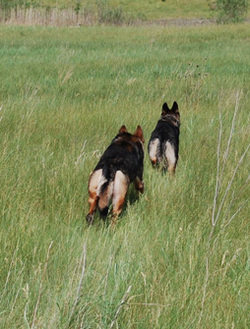
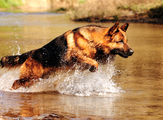
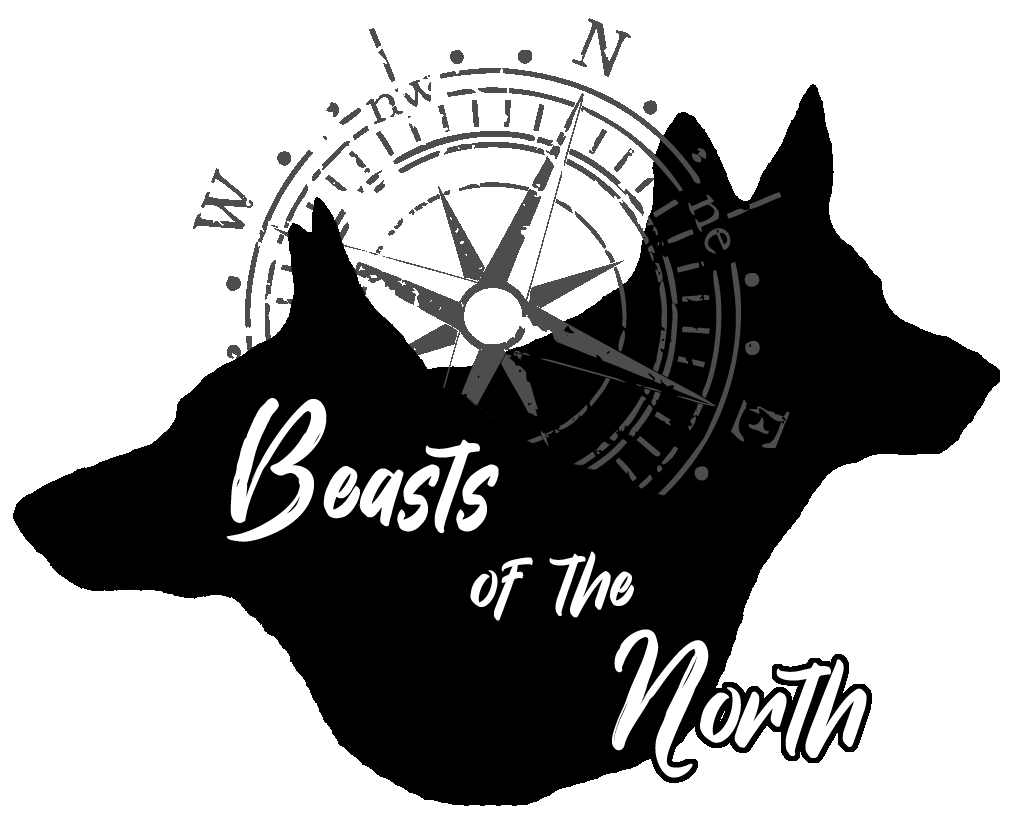
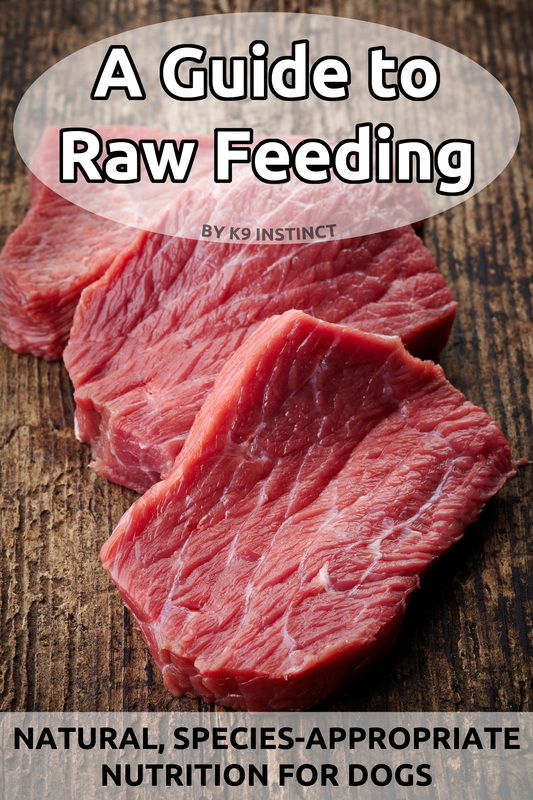
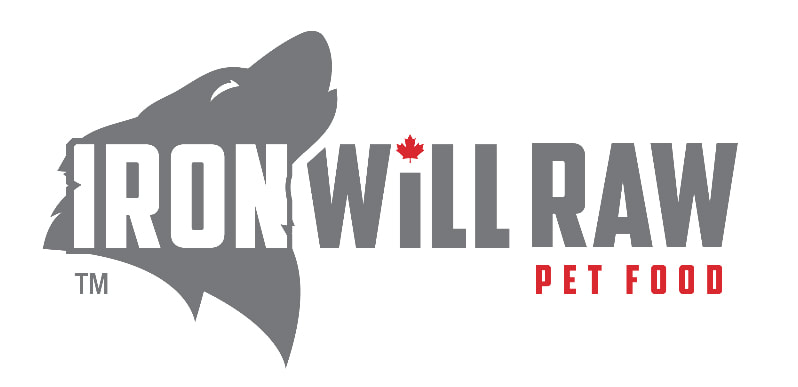
 RSS Feed
RSS Feed
